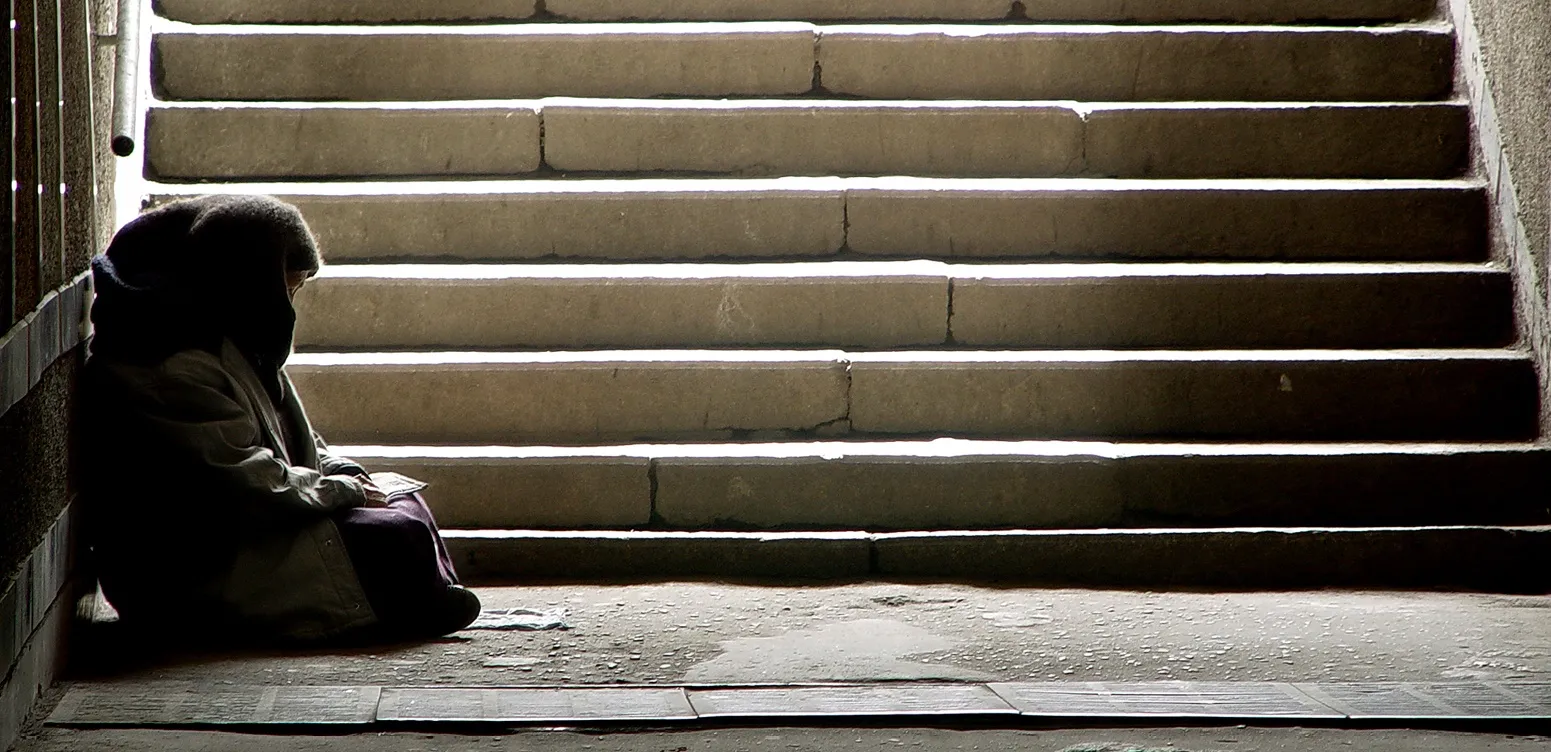Prevention of homelessness duty for public bodies has potential to change lives
By Eileen McMullan, SFHA Policy Lead.
By Eileen McMullan, SFHA Policy Lead.

The consultation period for the joint COSLA/Scottish Government proposals for a prevention duty ended last week. This lengthy consultation sets out proposals for all public bodies that are in a position to identify the risks of homelessness for the people they work with and act to prevent this from happening. This includes health and social care, GP services, police and criminal justice, education and children’s services.
In our response, we outlined our support for the principles set out in the consultation:
We know that people can fall through the net and can end up homeless even where they are in touch with public services, in part because of lack of awareness and/or knowledge of how to respond. We support the view that public bodies, beyond the housing and homelessness sectors, should provide support to prevent homelessness where they can and are often in a good position to identify and prevent the risks of homelessness. We agree with the principles of early intervention and many of our members already work hard to support people to ensure they do not become homeless through tenancy sustainment services and welfare rights advice. Extending the definition of ‘threatened with Homelessness’ to six months will embed the good practice that already exists in most parts of the social housing sector as demonstrated in the work we are doing with housing associations on the Homelessness Prevention Pilots, funded by the Scottish Government.
The intention behind the proposal for shared responsibility is really positive and has the potential to change the lives of many people who are at risk of homelessness. The challenge, however, will be in the implementation, unless resources are made available for training, information, and support. For example, a lack of co-operation between health, social care, and housing to prevent homelessness means that there are many missed opportunities to intervene early and prevent someone becoming homeless in the first place. These services need support to jointly plan to enable them to identify and act on the risks, with clear referral pathways and available housing expertise.
For housing associations and co-operatives, we agree that there should be a key role in early intervention and prevention of homelessness and social landlords should take reasonable steps to prevent homelessness. Evidence suggests that most social landlords already put this into practice through tenancy sustainment and welfare rights services, working in partnership with the third sectors and local authorities. The challenge will be in the framing of the legislation or guidance and support for social landlords in identifying and responding to risks at an earlier stage.